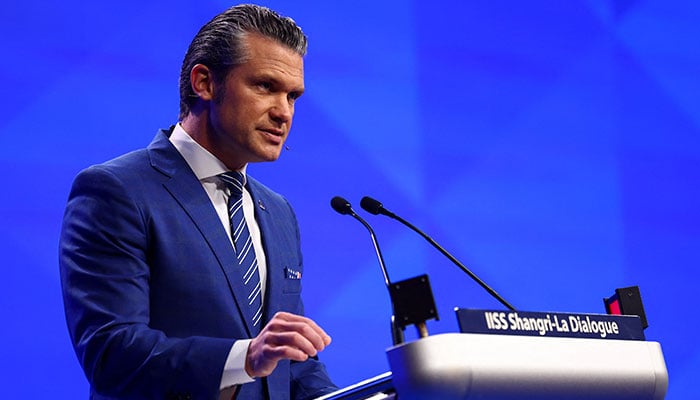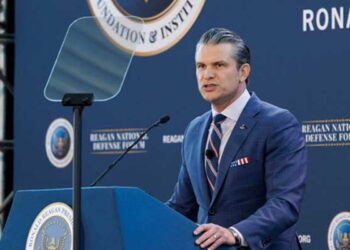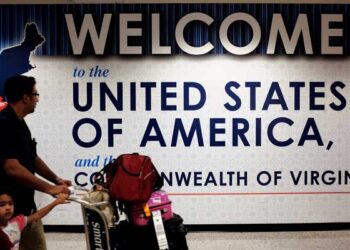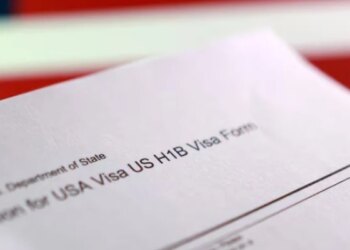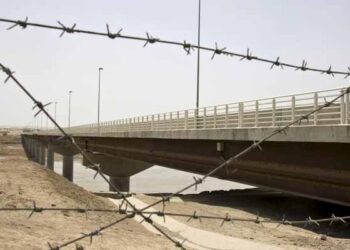Select Language:
SINGAPORE: The United States has issued a warning, indicating that China is preparing to potentially employ military force in Asia. A senior U.S. official stated that China’s recent activities—such as military exercises near Taiwan and in the South China Sea—suggest that it may be attempting to alter the regional balance of power.
This alert comes amid rising tensions between the two nations concerning trade, technology, and security issues.
During an annual security conference in Singapore on Saturday, U.S. Secretary of Defense Pete Hegseth conveyed these concerns as the Trump administration engages in ongoing disputes with Beijing over trade practices, technological advancements, and influence over critical regions worldwide.
In response to Hegseth’s remarks, China’s foreign ministry condemned the address, asserting that it had “formally communicated” its objections to the U.S., particularly regarding comments about Taiwan.
Since taking office, President Trump has instigated a trade war with China, aimed at limiting its access to crucial AI technologies and strengthening security alliances with countries like the Philippines, which is involved in escalating territorial conflicts with China.
“The threat posed by China is tangible and may be immediate,” Hegseth indicated during the Shangri-La Dialogue, which was attended by defense officials from multiple nations.
He mentioned that Beijing is “seriously preparing to potentially employ military force to change the power dynamics in the Indo-Pacific region.”
Hegseth cautioned that the Chinese military is enhancing its capabilities for a possible invasion of Taiwan, emphasizing that they are “practicing for the real event.”
China has intensified military pressure on Taiwan, undertaking extensive exercises around the self-governed, democratic island, which are frequently interpreted as groundwork for a blockade or invasion.
Hegseth pointed out that the U.S. is “reorienting its focus towards deterring aggression from communist China,” urging U.S. allies in Asia to promptly bolster their defenses in light of increasing threats.
In response, Beijing’s foreign ministry stated: “The U.S. should not attempt to exploit the Taiwan issue as a bargaining chip to suppress China and must refrain from playing with fire.”
‘Provoking Issues’
Hegseth characterized China’s actions as a “wake-up call,” accusing Beijing of endangering lives through cyberattacks, harassing neighboring countries, and “illegally appropriating and militarizing territories” in the disputed South China Sea.
Despite an international ruling deeming its claims unfounded, China asserts sovereignty over nearly the entire waterway, a critical route for over 60% of global maritime trade.
Recently, China has had repeated confrontations with the Philippines in these strategic waters, an issue expected to dominate conversations at the Singapore summit, according to U.S. officials.
As Hegseth was speaking, China’s military announced that its naval and air forces were conducting routine “combat readiness patrols” around the Scarborough Shoal, a series of reefs and rocks claimed by both Beijing and the Philippines.
China chose not to send senior defense officials to the summit, instead sending a delegation led by Rear Admiral Hu Gangfeng from the People’s Liberation Army National Defense University.
Hu commented on Hegseth’s speech without mentioning his name, stating that “these actions fundamentally serve to provoke unrest, incite division, and destabilize the Asia-Pacific region.”
Hegseth’s remarks followed President Trump reigniting trade tensions with China, claiming that Beijing had “breached” an agreement to reduce tariffs, as both sides appeared to be at an impasse in negotiations.
The two largest economies had initially agreed to lower each other’s steep tariffs temporarily, pausing them for 90 days.
‘Cannot Dominate’
Reassuring U.S. allies during his address, Hegseth declared that the Asia-Pacific region is “America’s priority theater,” affirming the commitment that “China cannot outmaneuver us—or our allies and partners.”
He mentioned that the U.S. has increased its collaboration with allies like the Philippines and Japan and reiterated Trump’s commitment that “China will not invade Taiwan during his tenure.”
However, he urged U.S. partners in the area to increase their military expenditures and “rapidly enhance their own defenses.”
“Asian allies should look to European nations as a model,” Hegseth noted, referencing commitments by NATO members such as Germany to approach Trump’s defense spending goal of 5% of GDP.
“Deterrence does not come without cost.”

